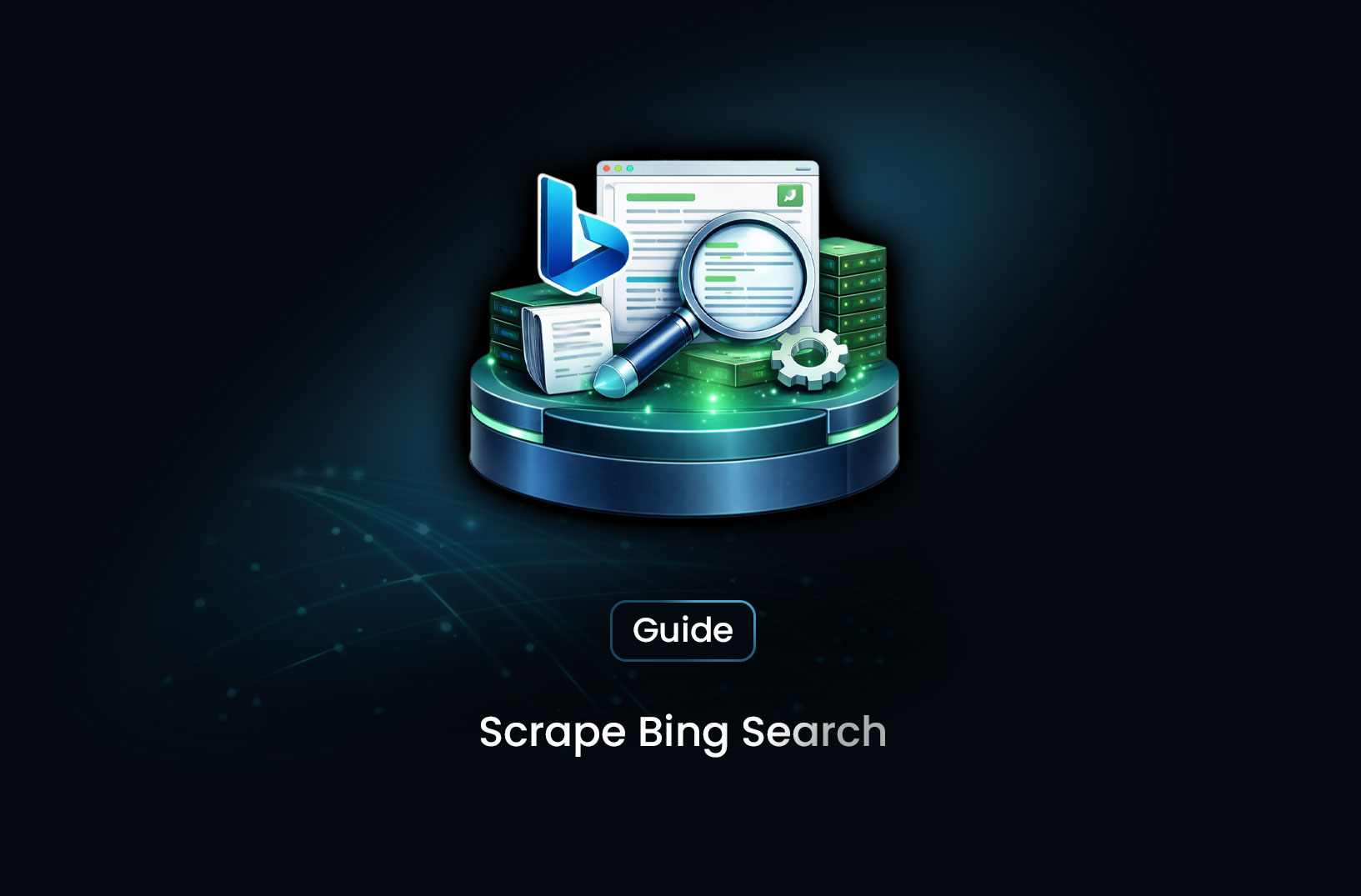
Highlights from the First Week of Our SEO Journey
ArticleBeginning an SEO journey is both exciting and challenging. In my first week, I focused on building a strong foundation for long-term success. Here, I'll share my initial strategies and insights, along with some advanced tips to further boost traffic for my web scraper's website.
Beginning an SEO journey is both exciting and challenging. In my first week, I focused on building a strong foundation for long-term success. Here, I'll share my initial strategies and insights, along with some advanced tips to further boost traffic for my web scraper's website.
Conducting Comprehensive Competitor Analysis with Ahrefs
The first step in my SEO journey was to understand what my competitors were doing right. Using Ahrefs, I scouted websites within my niche. Here’s how I approached this:
- Identifying Competitors: I listed top-performing websites in the web scraping and data extraction niche.
- Analyzing Competitor Content: By examining their top pages, I gained insights into the kind of content that resonates with the audience.
Uncovering Keywords Using Content Gap Analysis
Ahrefs’ Content Gap feature was instrumental in identifying keywords that my competitors rank for, but I don’t. Here’s the process I followed:
- Selecting Keywords with Low Difficulty: I focused on keywords with a Keyword Difficulty (KD) of less than 25 and a search volume between 100-1000. These “easily winnable” keywords present a lower barrier to entry.
- Categorizing Keywords: I grouped these keywords into clusters to create thematic content that addresses related queries.
Crafting Optimized Content
Armed with a list of relevant keywords, I began crafting content aimed at addressing specific user needs. Here are some strategies I employed:
- Creating Value-Driven Content: Each piece of content was designed to provide value, whether it’s through tutorials, how-to guides, or insightful articles.
- Utilizing On-Page SEO Techniques: I optimized title tags, meta descriptions, headers, and included internal and external links. Using keywords naturally throughout the content was also crucial.
Indexing Blog Posts for Visibility
To ensure that my new content was discoverable, I took steps to index my blog posts:
- Submitting URLs to Google: I used Google Search Console to submit the URLs of new blog posts for faster indexing.
- Creating a Sitemap: I generated and submitted a sitemap to help search engines understand my website structure.
Advanced Tips for Boosting Traffic
Beyond the basics, here are some advanced strategies and tips to further enhance the traffic to your website:
-
Leveraging Long-Tail Keywords: While short-tail keywords are highly competitive, long-tail keywords are more specific and often easier to rank for. They also tend to attract more targeted traffic. Tools like AnswerThePublic can help generate long-tail keyword ideas.
-
Building High-Quality Backlinks: Backlinks are a significant ranking factor. Here’s how to build them:
- Guest Posting: Write guest posts for reputable sites in your niche and include links back to your site.
- Resource Pages: Reach out to websites that list resources in your niche and request inclusion.
- Skyscraper Technique: Find high-performing content, create something even better, and reach out to sites linking to the original content to link to yours instead.
-
Improving Page Speed and Mobile Optimization: User experience is paramount. Google considers page speed and mobile-friendliness as ranking factors. Tools like Google PageSpeed Insights and Mobile-Friendly Test can help identify and fix issues.
-
Engaging with Your Audience on Social Media: Engaging with the audience on social media can drive traffic to MrScraper’s site, even though social media signals don’t directly impact SEO. Sharing content on platforms like Twitter, LinkedIn, and Reddit can help reach a wider audience.
-
Regularly Updating Content: SEO is not a one-time task. Regularly updating your content ensures it remains relevant and valuable to your audience. It also signals to search engines that your site is active.
SEO is an ongoing process, and I’m excited to see the results in the coming weeks. If you have any suggestions or additional tips to boost traffic for MrScraper's Website, I’d love to hear them!
Find more insights here

Scrape Bing Search: A Practical Technical Guide
Bing scraping blocked? Discover how to bypass rate limits and bot detection to extract URLs, titles,...

FilterBypass: Unblocking Restricted Sites in a Simple Way
FilterBypass is a free web proxy that acts as an intermediary between your browser and the target si...

YouTube.com Unblocked: Accessing YouTube When It’s Restricted
Learn how to access YouTube unblocked on school, work, or regional networks. Explore VPNs, proxies,...
